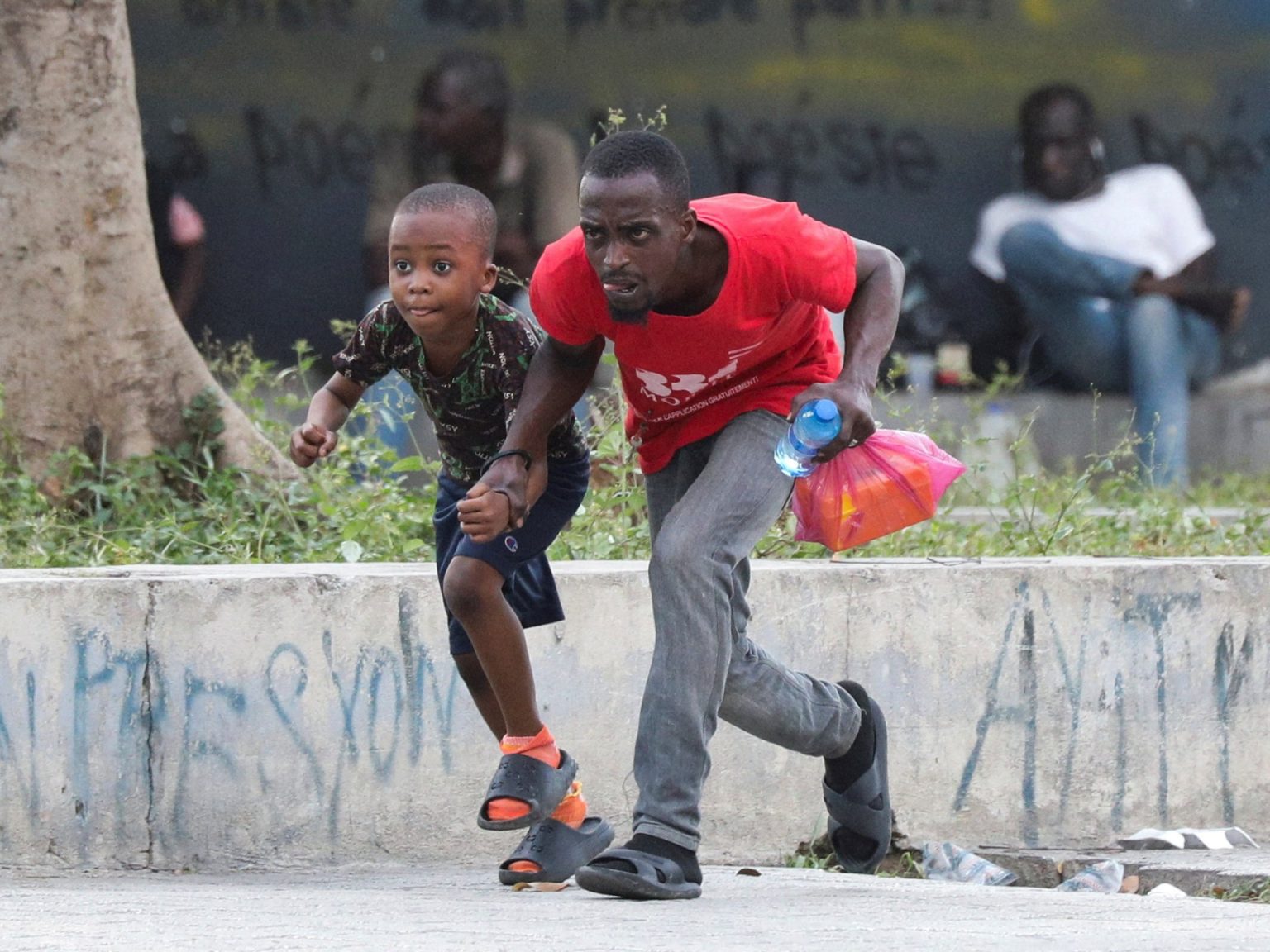Haiti has established a transitional council to address the leadership vacuum left after Prime Minister Ariel Henry announced his resignation in the midst of escalating gang violence in the country. The newly formed Presidential Transitional Council is tasked with selecting a new prime minister and cabinet to restore order in the midst of chaos. However, there are still questions surrounding the viability of the council, as details on its members and timeframe for installation have not been provided. The Caribbean Community and Common Market (CARICOM) has expressed support for the council’s mission to stabilize Haiti and ensure the proper functioning of state institutions.
Despite the announcement of the transitional council, the political crisis in Haiti is far from being resolved, according to journalist Kim Ives. He believes that the current solution was orchestrated in Washington, DC, rather than being a Haitian-led initiative. The absence of elections since 2016 and the assassination of former President Jovenel Moise in 2021 has left Haiti in a state of uncertainty, with armed gangs wreaking havoc and the government struggling to maintain control. The violence has led to the release of thousands of inmates, attacks on police stations and airports, and a mass exodus from the capital as basic goods become scarce.
The formation of the transitional council was met with mixed reactions, with some viewing those involved as traitors to the Haitian cause. Critics believe that the solution proposed by the council does not reflect the needs or desires of the Haitian people, but rather serves the interests of external powers. The ongoing political impasse has left the country in a state of humanitarian crisis, with millions of people at risk of famine and key institutions unable to function. The international community, including the United States and European Union, have evacuated their diplomats and nationals due to deteriorating security conditions.
The decree establishing the Presidential Transitional Council also aims to expedite the deployment of international troops to aid local police in their fight against armed gangs. The council is set to be based in the National Palace in Port-au-Prince, which has been the target of multiple attacks in recent weeks. The US Department of State has welcomed the announcement of the council, citing its potential to pave the way for free and fair elections in Haiti. However, the road ahead remains uncertain, as the political landscape is fractured and divided among various factions within the country.
As Haiti faces ongoing challenges and uncertainties, the establishment of the transitional council represents a potential step towards restoring stability and order in the country. However, the effectiveness of the council and its ability to address the root causes of the crisis remain in question. With millions of Haitians at risk of famine and escalating violence threatening the safety of the population, the international community is closely monitoring the situation and offering support where possible. Ultimately, the success of the transitional council will depend on its ability to unite disparate factions, address systemic issues, and pave the way for a peaceful and democratic future for Haiti.


